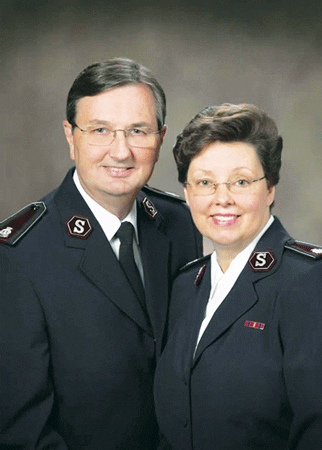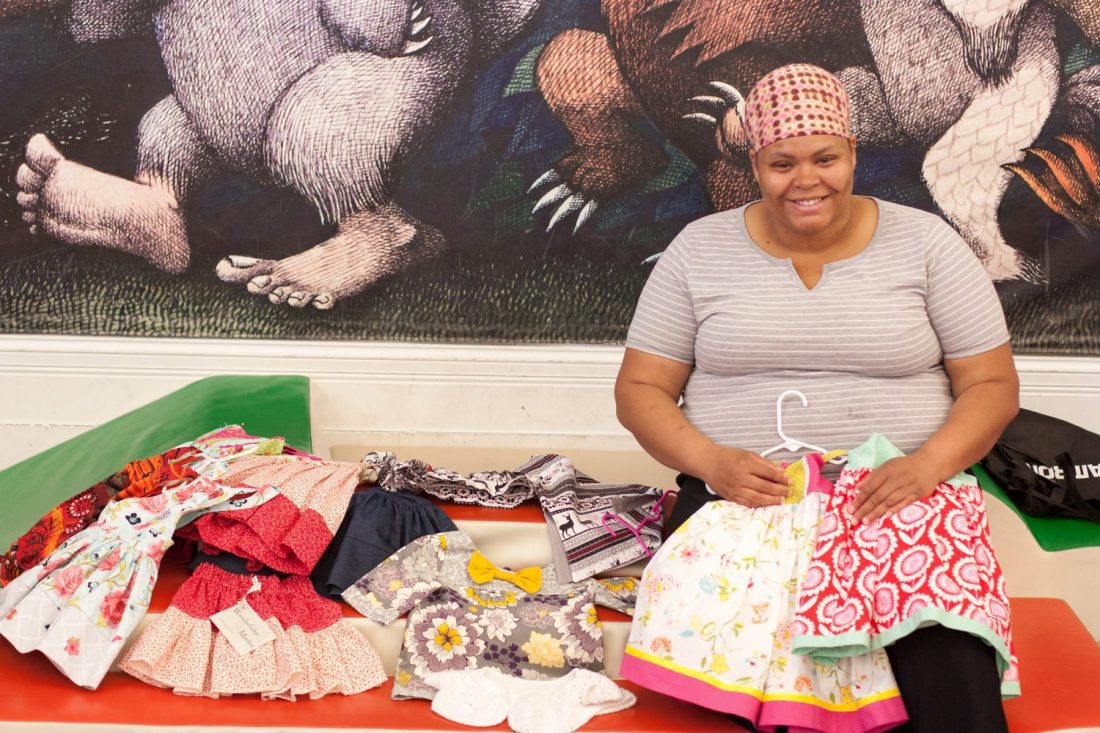Listen to this article
Listen to this article
Loading
Play
Pause
Options
0:00
-:--
1x
Playback Speed- 0.5
- 0.6
- 0.7
- 0.8
- 0.9
- 1
- 1.1
- 1.2
- 1.3
- 1.5
- 2
Audio Language
- English
- French
- German
- Italian
- Spanish
Open text
on the corner. by robert docter –. i think youth bands deserve a lot of credit for inspiring young people to maintain an active relationship with the army during their developing years. i know that playing in a band motivated me in that direction. i’m sure that musical performance isn’t the only contributor to that formula, but it certainly plays an important part. there is something about playing a part in a group striving to achieve a common purpose that is deeply enriching. when one adds music to that dimension it brings an emotional response that stimulates a sense of unity rarely achieved in other group efforts. bands and choirs seem to bring their membership together with dramatic cohesiveness. in the army, somehow we’ve sensed that, and we try to start them young. with me it started in the san francisco citadel junior band way back in the ’30s and early ’40s. bill morris (major) was the leader. he added a range of dimension to my life through his commitment to youth and to the army. my first instrument was a trombone. i don’t know exactly how that happened. maybe it was the only instrument available. they handed me a salvation army trombone with one of the braces on the bell completely unsoldered. i had to hold the horn together when i played it. i couldn’t reach the seventh position, and the sound emanating from the tiny bell could not be described as full or rich or sonorous. i suppose it sounded something like an old truck horn. wisely, i switched from the trombone to the cornet where my thin lips provided me with a better embouchure. i think, unconsciously, i also feared what i later identified as “the first position syndrome” which strikes every trombone player. this is a syndrome of wacky and erratic behavior attributable to a quick return to the first position on the slide from a lower position. as the slide crashes into the mouthpiece area, it shakes the player’s brain, thus causing the behavior change. bob wilmer sat next to me in the trombone section. we were quite a pair–definitely demonstrating some early onset of “first position syndrome” problems. sadly, wilmer never did transfer off the trombone. my brother played bass–on an old baritone. i remember people complimenting him after a performance about how excellently he “pumped out that bass line.” i don’t remember getting any compliments on my own playing. ernie callin played euphonium. he was pretty good, but only because he practiced–which i always thought was a little unfair. billy (now known as art) morris, son of the bandmaster, played solo horn. he was okay, but it was fairly evident very early in his musical career that his talent didn’t lie in that direction. i’m fairly certain many of us were concentrating our thoughts mostly on our time later in the evening in the gym next door. the petersen boys, eddie and arnie, were part of the group. eddie, an older man of 13, played first chair solo cornet. he was always mature and somewhat dignified and played very well–thank goodness. he carried most of the band. arnie seemed to be in charge of the background. al newbould participated. i think he played horn as well. his main skill revolved around hair combing. he showed me how to get a little wave in my hair when i combed it. somehow, i don’t think i learned the lesson very well. and i blame him for our mutual baldness. i’m sure there were many others in the group whose names i’ve forgotten. i don’t remember any women (girls) in the band. i’m not sure any of them even wanted to play, but obviously, banding’s great sexist tradition was strongly endorsed and inculcated into our young minds. i always assumed i would be playing in the band where ever i attended. now, i’ve been part of the same band for over 50 years. it has inspired and enriched me greatly. some of the peak experiences of my life have been accompanied by triumphant melodies and sensitive spiritual communication. i’ve grown because of my involvement in the band. so–thank god for youth bands. keep ’em coming.
Open context player
Close context player
Plays:-Audio plays count
on the corner. by robert docter –. i think youth bands deserve a lot of credit for inspiring young people to maintain an active relationship with the army during their developing years. i know that playing in a band motivated me in that direction. i’m sure that musical performance isn’t the only contributor to that formula, but it certainly plays an important part. there is something about playing a part in a group striving to achieve a common purpose that is deeply enriching. when one adds music to that dimension it brings an emotional response that stimulates a sense of unity rarely achieved in other group efforts. bands and choirs seem to bring their membership together with dramatic cohesiveness. in the army, somehow we’ve sensed that, and we try to start them young. with me it started in the san francisco citadel junior band way back in the ’30s and early ’40s. bill morris (major) was the leader. he added a range of dimension to my life through his commitment to youth and to the army. my first instrument was a trombone. i don’t know exactly how that happened. maybe it was the only instrument available. they handed me a salvation army trombone with one of the braces on the bell completely unsoldered. i had to hold the horn together when i played it. i couldn’t reach the seventh position, and the sound emanating from the tiny bell could not be described as full or rich or sonorous. i suppose it sounded something like an old truck horn. wisely, i switched from the trombone to the cornet where my thin lips provided me with a better embouchure. i think, unconsciously, i also feared what i later identified as “the first position syndrome” which strikes every trombone player. this is a syndrome of wacky and erratic behavior attributable to a quick return to the first position on the slide from a lower position. as the slide crashes into the mouthpiece area, it shakes the player’s brain, thus causing the behavior change. bob wilmer sat next to me in the trombone section. we were quite a pair–definitely demonstrating some early onset of “first position syndrome” problems. sadly, wilmer never did transfer off the trombone. my brother played bass–on an old baritone. i remember people complimenting him after a performance about how excellently he “pumped out that bass line.” i don’t remember getting any compliments on my own playing. ernie callin played euphonium. he was pretty good, but only because he practiced–which i always thought was a little unfair. billy (now known as art) morris, son of the bandmaster, played solo horn. he was okay, but it was fairly evident very early in his musical career that his talent didn’t lie in that direction. i’m fairly certain many of us were concentrating our thoughts mostly on our time later in the evening in the gym next door. the petersen boys, eddie and arnie, were part of the group. eddie, an older man of 13, played first chair solo cornet. he was always mature and somewhat dignified and played very well–thank goodness. he carried most of the band. arnie seemed to be in charge of the background. al newbould participated. i think he played horn as well. his main skill revolved around hair combing. he showed me how to get a little wave in my hair when i combed it. somehow, i don’t think i learned the lesson very well. and i blame him for our mutual baldness. i’m sure there were many others in the group whose names i’ve forgotten. i don’t remember any women (girls) in the band. i’m not sure any of them even wanted to play, but obviously, banding’s great sexist tradition was strongly endorsed and inculcated into our young minds. i always assumed i would be playing in the band where ever i attended. now, i’ve been part of the same band for over 50 years. it has inspired and enriched me greatly. some of the peak experiences of my life have been accompanied by triumphant melodies and sensitive spiritual communication. i’ve grown because of my involvement in the band. so–thank god for youth bands. keep ’em coming.
Listen to this article












